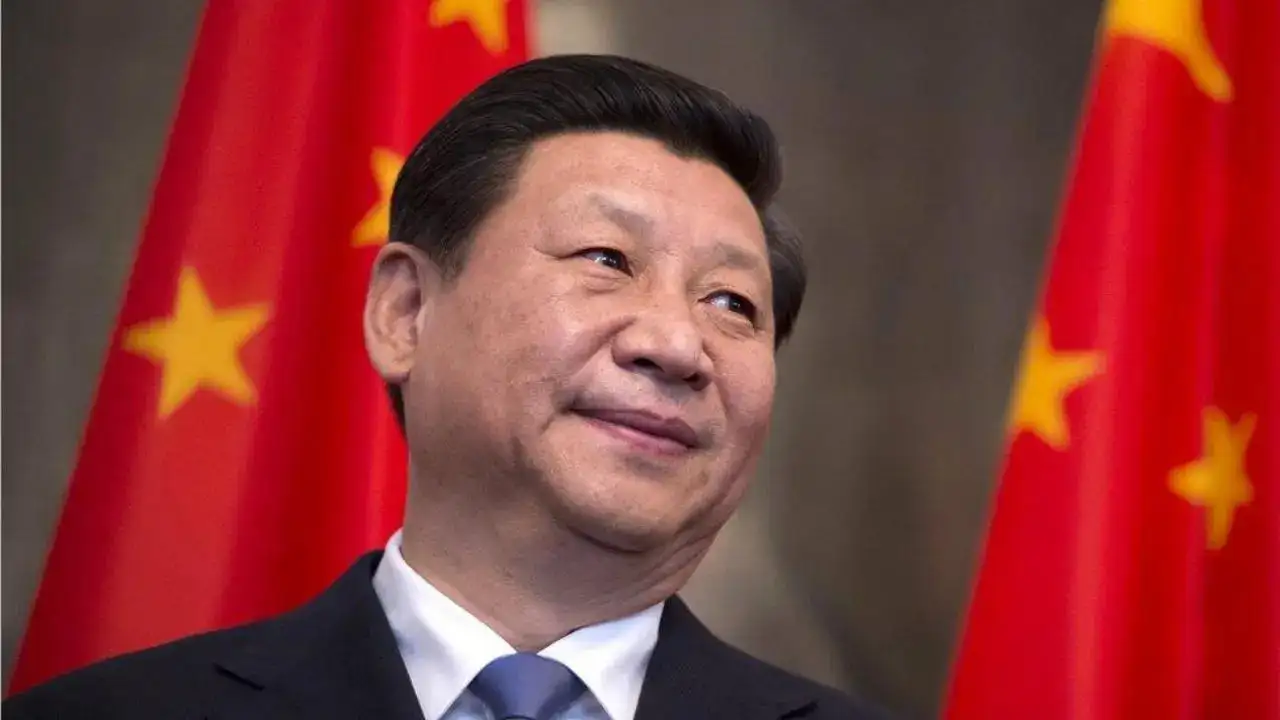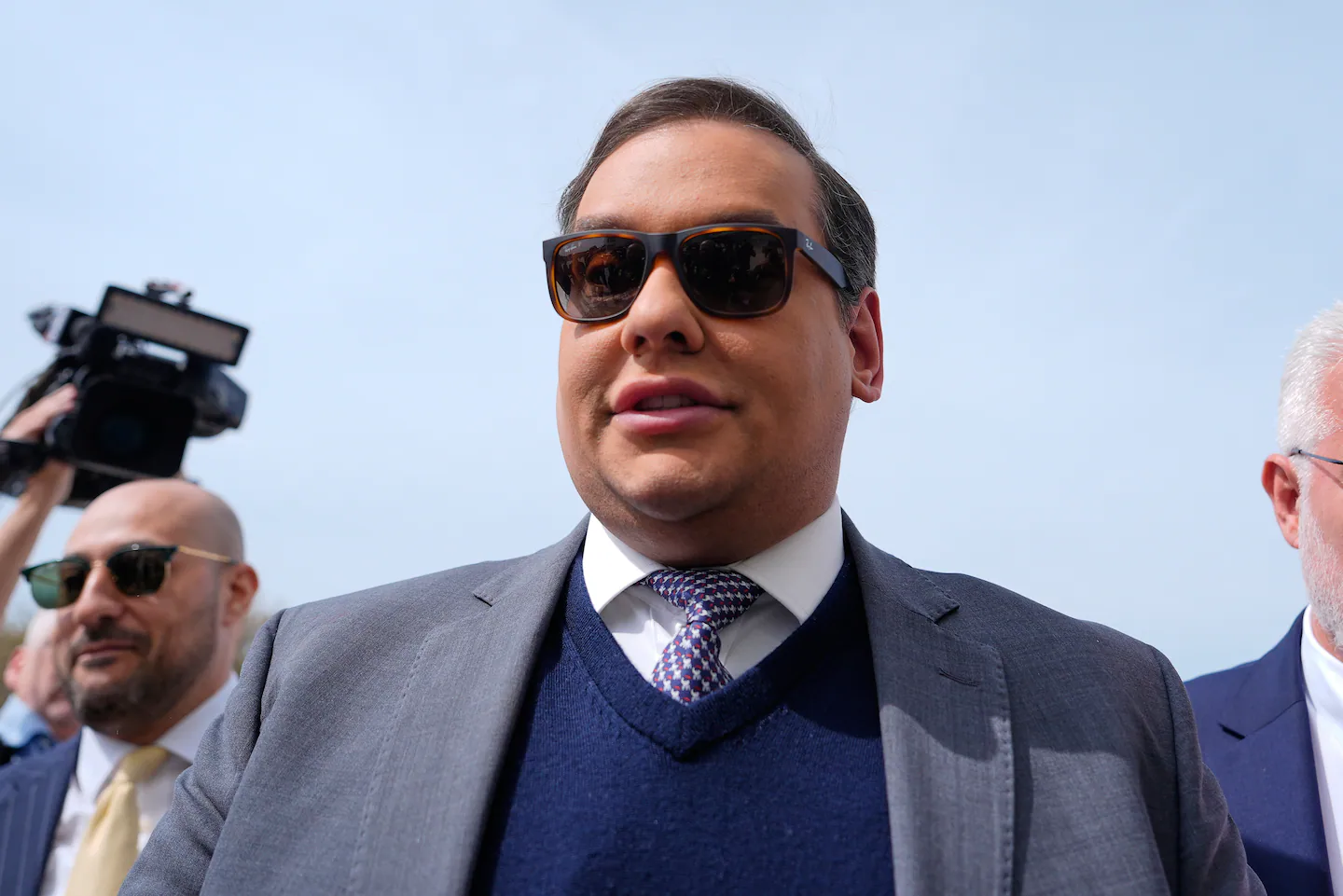Copyright timesnownews

China is witnessing a deadly Stalin-like purge sweeping through its military and corporate elite. As per reports, top generals, scientists and CEOs have been vanishing at an alarming rate. Generals go missing from state ceremonies, CEOs suddenly become unreachable and later it is revealed that they had been detained, purged or suffered a worse fate. What Is China's Dreaded Liuzhi System? The spate of vanishings come under China's dreaded liuzhi system, which is a detention mechanism run by the Communist Party's internal disciplinary body, the Central Commission for Discipline Inspection (CCDI). It is extrajudicial in nature, and therefore, opaque and highly feared among the elite. Liuzhi allows officials to detain individuals without any formal charges, deny them access to lawyers or interrogate them under highly controlled conditions. Detainees are held in windowless cells, under constant surveillance. They may have no access to clocks or natural light and are pressured to confess or provide information about associates. The Liuzhi system, originally launched to investigate corruption, is being increasingly used as a tool for political control, target wealthy individuals, business leaders, scientists and other influential figures. Local governments, strapped for cash and debt, conduct what is known as "deep-sea fishing" investigations, using vague accusations to pressure wealthy individuals or their networks. Courts increasingly use China's notorious credit blacklist, originally for delinquent debtors, to publicly shame failing entrepreneurs. This strips them of the ability to travel, book hotels, or ride high-speed trains. Roughly 200,000 people were added to the list in 2024, up from just 17,400 in 2019. The result is a corporate culture in retreat: risk-taking replaced by risk avoidance, ventures shelved, and entrepreneurs considering relocation overseas. Spate Of Vanishings Last week, on October 17, the Communist Party expelled He Weidong, the country's second-highest-ranking military officer, along with eight other senior generals, citing "serious violations" tied to corruption. He Weidong's fall is particularly striking. He served on the Politburo and was once considered a close Xi ally. Just days before a high-level party conclave, his removal sent a clear signal: rank does not guarantee protection. A similar fate seems to have befallen the private sector. According to The Economist, Yu Faxin, a prominent semiconductor scientist and defence-linked entrepreneur, was detained under liuzhi system. Dozens of other business leaders - particularly from state-connected sectors - have disappeared this year, some quietly detained, others added to courts' public blacklists, with their travel and financial rights abruptly revoked. Suicide Rate Increases Among Targeted Individuals In a chilling trend, several executives reportedly took their own lives after being swept up in investigations. Between April and July, at least five high-profile business executives jumped to their deaths from high-rises, including Wang Linpeng, a retail magnate and once the richest man in Hubei province. Wang had just been released from liuzhi, and was still under surveillance. Xi's Stalin-like Purge These crackdowns reflect a new phase in Xi Jinping’s rule, where fear and obedience are being enforced not just within the Communist Party but across China's economic and military power centres. A Stalin-like purge is sweeping through the country's ultra-secretive political system, with profound implications for the global economy and regional stability. "The scale of the purge is staggering," a report by Bloomberg states. "Xi has ousted almost a fifth of the generals he personally promoted." In the corporate world, The Economist found executives disappearing at a pace of nearly one per week - and that only accounts for publicly listed firms. Anti-Graft Tool Or Weapon For Political Control? Analysts note that the current sweep isn't about graft alone. It's about loyalty, consolidation, and control. Many purged individuals were Xi's own appointees. What began as an anti-corruption campaign has evolved into regime discipline. Xi is no longer just rooting out graft - he's reminding the elite that no one is untouchable. "If a military scientist working on national defense is vulnerable to liuzhi, then no one is beyond reach," The Economist noted, referring to Yu Faxin's detention. With the Fourth Plenum - a major political meeting - just days away, clearing out potential dissenters allows Xi to refill key ranks with loyalists.



